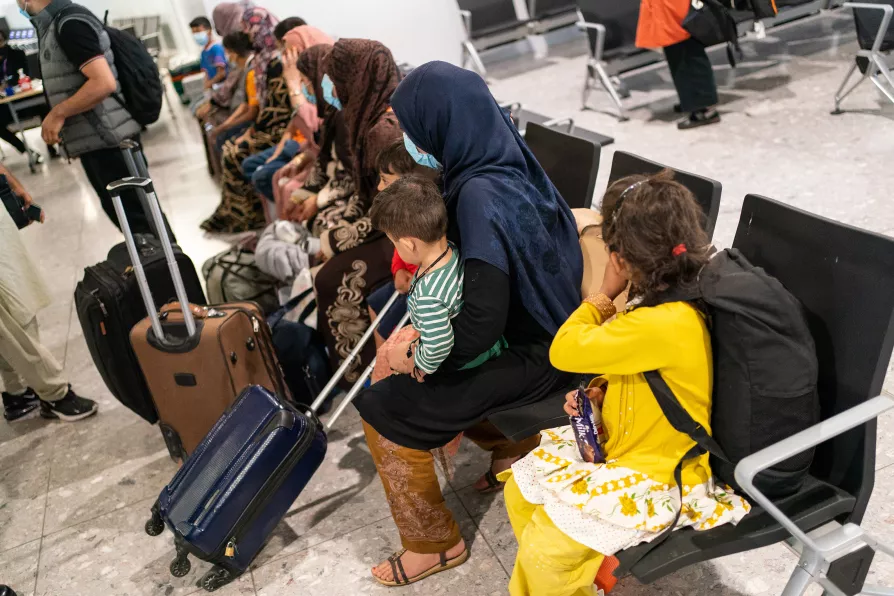ALEX HALL interviews PAUL HOLDEN, whose bombshell book uses leaked documents to expose how the Starmer faction used systematic dishonesty to seize power and reopen the door to the corrupting ecosystem of corporate lobbying and sleaze

 Refugees from Afghanistan wait to be processed after arriving on a evacuation flight at Heathrow Airport
Refugees from Afghanistan wait to be processed after arriving on a evacuation flight at Heathrow Airport
WHAT a year this has been for refugees. Suffering all the misery of displacement, illegal travel, state brutality and discrimination, and demonised by right-wing politicians and media across the world, they are finding the borders of the richest countries closed.
The callous disregard for their fate displayed by governments has been formalised in a series of laws and directives which further endanger their lives, preventing safe passage at sea and encouraging those who might be expected to show some humanity to their plight to instead demonise them.
The death of 27 refugees crossing the Channel in a small dinghy was a crime facilitated by governments who all pander to the right in scapegoating refugees.

LIZ PAYNE condemns how Labour backs war in Gaza and Ukraine, and massive funding for Trident’s nuclear bombs, when billions are needed just to restore public services












